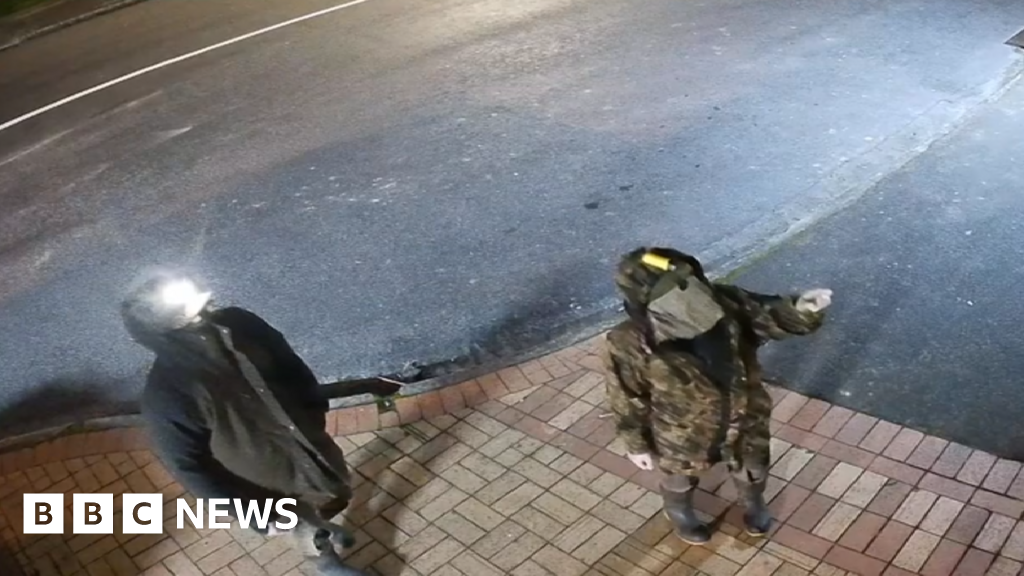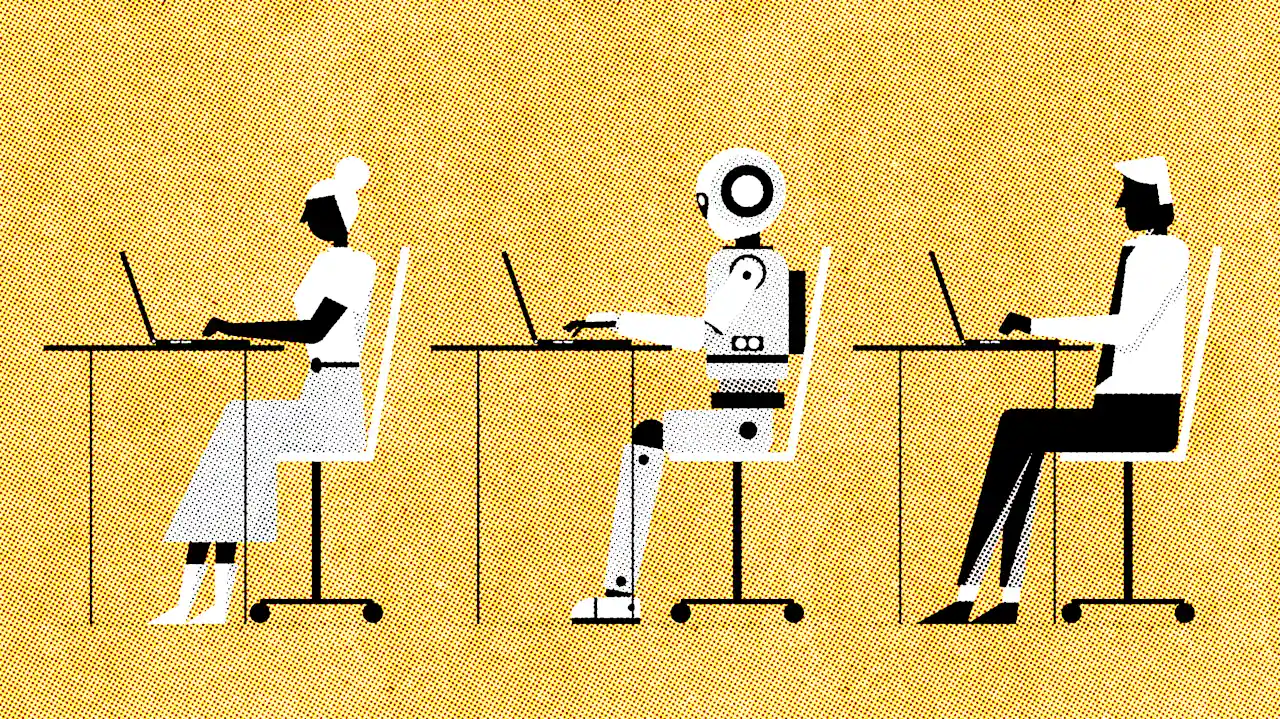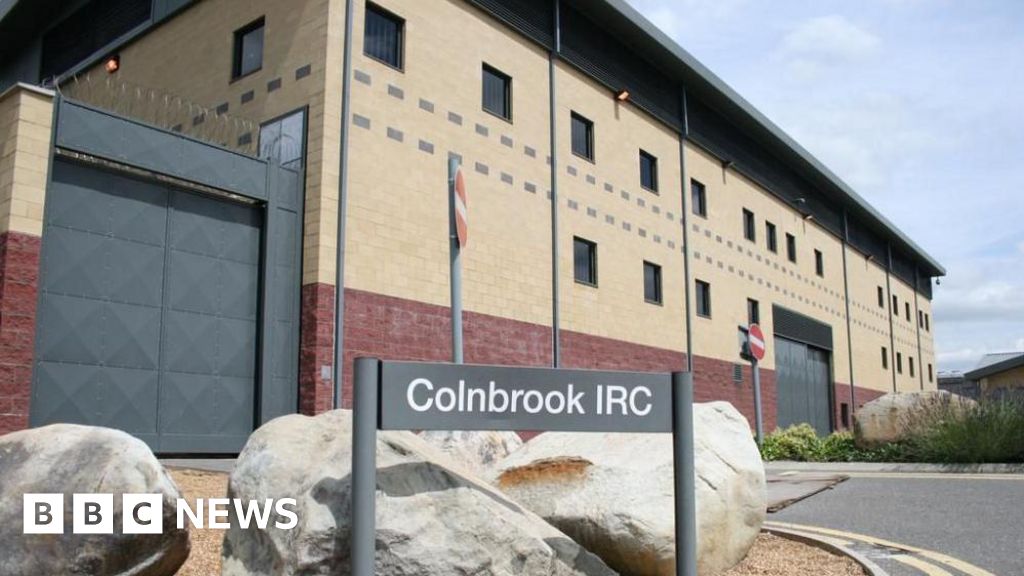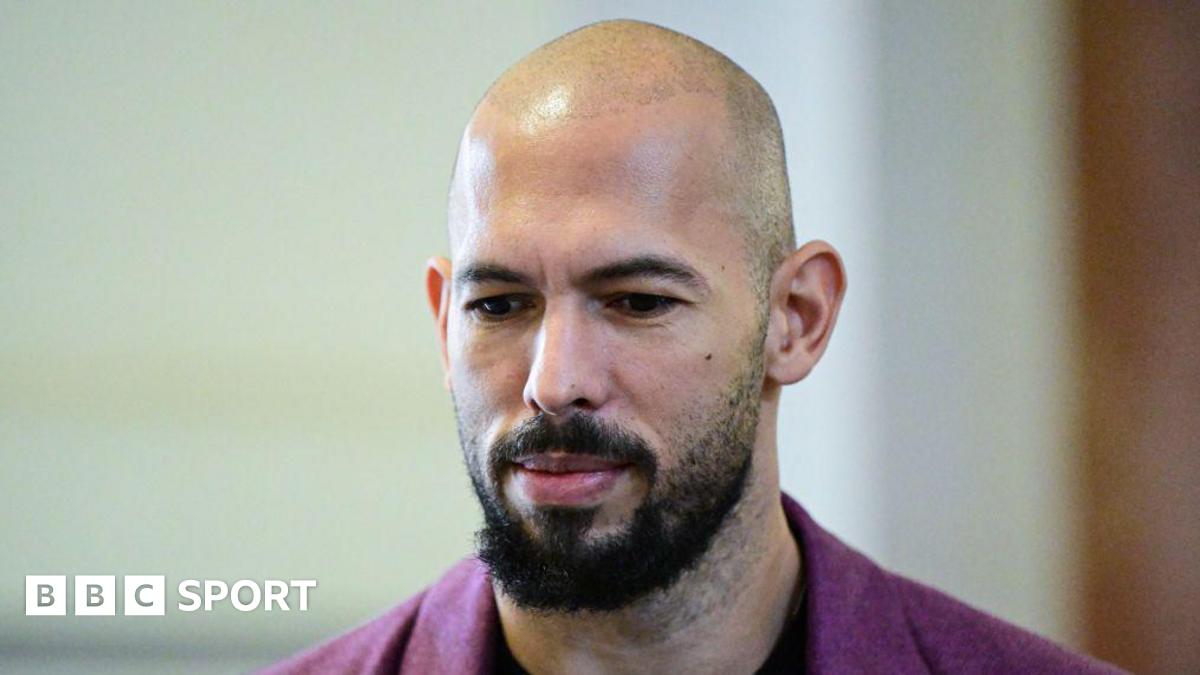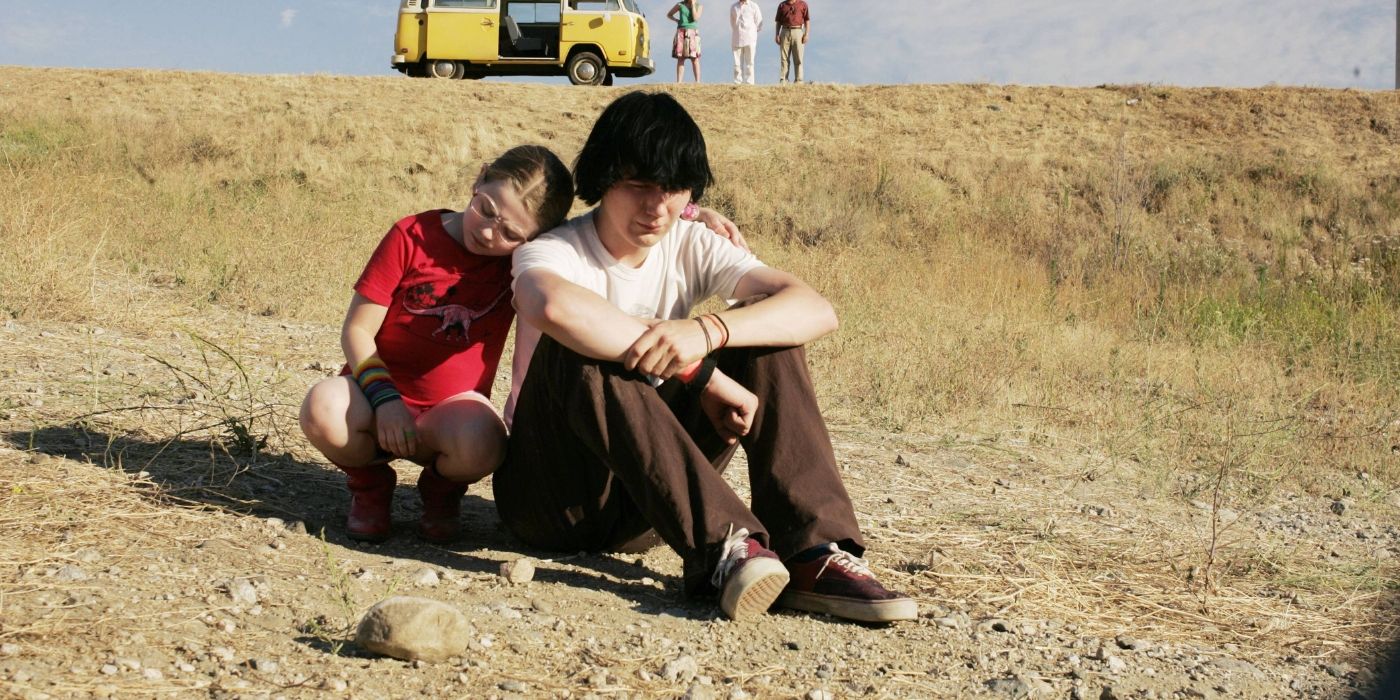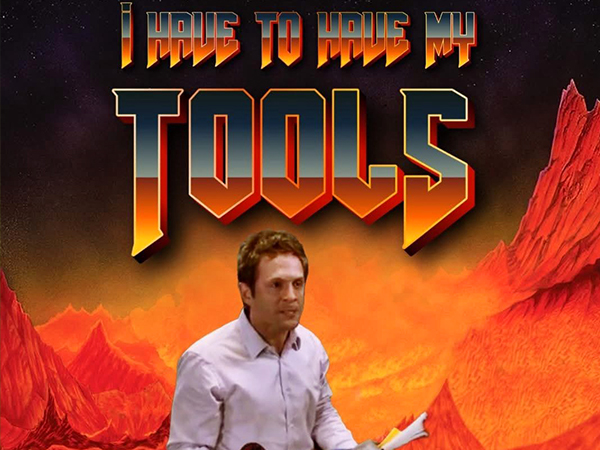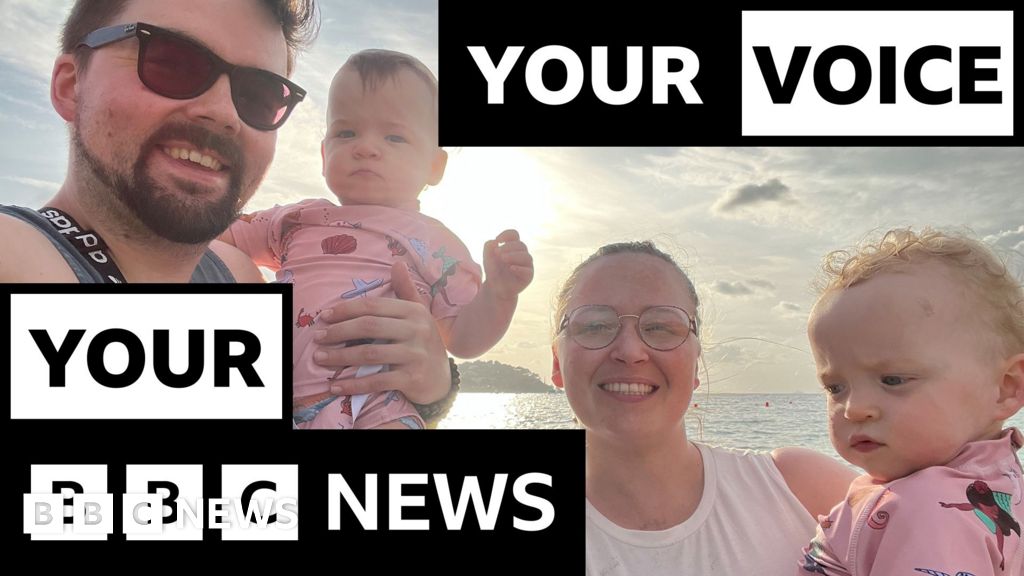Think twice before you step over your fellow human

A few years ago, I observed commuters and shoppers stepping over homeless people lying on the sidewalk yet bending down to pet the person’s dog or cat. It was disturbing at best, despite my love for animals. Why did people seem to care more for animals than their fellow man?
Not surprisingly, my research revealed the pervasive perception, that people believe that the pet can’t control their plight on the street, while their owners can. Unfortunately, the theory that people are responsible for their state of homelessness simply does not hold up to the facts.
According to the National Coalition for the Homeless and the Safe Housing Partnership, 57% of all women experiencing homelessness said that the primary cause was domestic violence, and 15% of people experiencing homelessness cited divorce or separation as the primary cause, per the Curry International Tuberculosis Center.
The National Institutes of Health reported that in Delaware, 21% of homelessness was connected to housing evictions. Add to that, 46% of unsheltered people cited unemployment as the primary reason for being homeless, found the University of Southern California. Additionally, over 32,000 veterans are homeless on a given night, largely due to PTSD, according to the National Coalition for Homeless Veterans.
A support network
Yet simply strengthening marriages, changing housing laws, or improving employment statistics will not solve homelessness. While speaking at a Street Charity fundraising event in Atlanta in April 2024, Pastor Tommy Palmer of the Atlanta Dream Center[DA1] [DA2] , reported that “The number one reason for homelessness is the lack of a support network around an individual when crisis strikes.” Often, when someone loses their job, gets divorced, or is evicted from their home, they can turn to family members or friends. In many cases, people who become homeless have neither.
An estimated 57% of Americans live paycheck to paycheck, according to Market Watch Guides, and Empower reported that 37% of Americans cannot pay for a $400-plus unexpected expense. Therefore, a simple financial crisis can quickly escalate to missed rent payments, relational strife, or substance abuse, starting a chain reaction. According to the National Alliance to End Homelessness, 62% of people living in shelters are experiencing homelessness for the first time. That stands in stark contrast to many stereotypes about people living on the street.
Without a human, relational safety net, homelessness can become a reality. Despite the existence of government and charitable programs, shelters, and soup kitchens, not all people have the wherewithal to navigate the system. They can’t all speak the language or even know how to read. These unimaginable barriers are real and make homelessness that much more understandable.
Appreciating this is the key concept. Too often, the homeless debate focuses on determining who is the responsible party. People ask whether the homeless person could have or should have avoided their plight.
Whatever the conclusion, lack of shelter, especially during extreme weather, can cause cognitive disorientation. This can rapidly lead to severe depression, heightened anxiety, and acts of desperation. The desperation can sometimes trigger drug and alcohol abuse. They cannot make a simple plan to help themselves find shelter or civic resources. They are helpless more than they are homeless. Stepping toward someone and asking if you can help, is a powerful act that immediately addresses a person’s most basic need for human connection, especially if they have none.
A human reaction
By simply acknowledging someone’s existence, looking them in the eye, and asking their name, one can possibly help them regain enough self-worth to trigger the necessary amount of self-belief needed to take the next step to seek shelter, food, or clothing.
Occurring in parallel to dispensing help, is the help that you give yourself. According to the Harvard T.H. Chan School of Public Health, the act of helping those in need can actually reduce your risk for high blood pressure. Cedars Sinai cites an increase in your own serotonin and dopamine levels as a result of helping others. You feel good about yourself, and your body responds. [DA3]
Regardless of the personal or societal choices that led to the person laying in front of you on the street, we all face a choice of how to react. Help is always the best choice. Whether it is precisely what they need or simply all that we can provide in the moment, it will help them, help us, and help society.
John Patton is CEO and founder of StreetCharity.org.
What's Your Reaction?
 Like
0
Like
0
 Dislike
0
Dislike
0
 Love
0
Love
0
 Funny
0
Funny
0
 Angry
0
Angry
0
 Sad
0
Sad
0
 Wow
0
Wow
0





